In a move that has sent ripples through the international community, former U.S. President Donald Trump has declared that Ukrainian President Volodymyr Zelensky can end the war with Russia "almost immediately" if he chooses to. This bold statement, made just ahead of a critical meeting at the White House, reframes the entire narrative of the conflict, placing the power—and the pressure—firmly on Kyiv. As European and NATO leaders converge on Washington, the world watches to see if this high-stakes diplomatic gambit will pave a path to peace or fracture an already fragile alliance.
The assertion from Trump is not just a casual remark; it is a calculated message delivered on his Truth Social platform. He stated, "President Zelenskyy of Ukraine can end the war with Russia almost immediately, if he wants to, or he can continue to fight". This declaration sets a dramatic stage for the upcoming talks, where Zelensky, accompanied by a host of European allies, will meet with Trump to discuss a resolution to the conflict that has ravaged Ukraine for over three years.
The context for this statement is crucial. It follows a recent summit between Trump and Russian President Vladimir Putin in Alaska, where discussions veered away from a simple ceasefire towards a more comprehensive and lasting peace agreement. According to Trump, the onus is now on Zelensky to capitalize on the progress made during those talks. However, what Trump frames as an opportunity, others may see as an ultimatum, potentially forcing Ukraine into concessions it has long resisted.
The Core of the "Deal": No NATO, No Crimea
Trump's vision for peace appears to come with significant conditions. He has explicitly stated that a resolution would involve "NO GOING INTO NATO BY UKRAINE". This has been a long-standing demand from Moscow and a red line for Russia, which views NATO's eastward expansion as a direct threat. By aligning with this position, Trump is signaling a major departure from the established policy of many Western nations, which have supported Ukraine's right to self-determination and to choose its own security alliances.
Furthermore, Trump has hinted that Ukraine must cede territory, specifically Crimea, which Russia annexed in 2014. In his social media post, he referenced the annexation under the Obama administration, suggesting it's a settled issue: "Remember how it started. No getting back Obama given Crimea (12 years ago, without a shot being fired!)". This stance directly contradicts Zelensky's position and the Ukrainian constitution, which prohibits the ceding of territory. Zelensky has maintained that any territorial discussions can only happen in a trilateral summit involving Ukraine, Russia, and the U.S..
This places Zelensky in an incredibly difficult position. He is being asked to consider a peace that could be seen as a capitulation by many Ukrainians who have fought and died to defend their nation's sovereignty and territorial integrity. The political and social ramifications of accepting such terms would be monumental.
A United Front or a Divided Alliance?
The presence of numerous European leaders in Washington underscores the gravity of the situation. Leaders from the UK, France, Germany, and Italy, along with the head of the European Commission and the President of Finland, are expected to attend, aiming to present a "united front". Their primary concern is that Trump might pressure Zelensky into accepting a deal that undermines European security and sets a dangerous precedent for international relations.
However, U.S. Secretary of State Marco Rubio has dismissed this narrative, stating that the European leaders are not coming to Washington to prevent Zelensky from being "bullied". Instead, he claims they are coming because of ongoing collaboration and progress made in recent discussions.
Despite these assurances, there is palpable tension. A previous encounter between Trump and Zelensky in February reportedly ended in a dispute, straining U.S.-Ukraine relations. Since then, European allies have worked to mend the alliance, and Zelensky has adopted a more deal-making approach, even signing a minerals agreement that gives the U.S. a financial stake in Ukraine.
The Path Forward: Peace at What Price?
As the leaders prepare to meet, the central question remains: what does a "lasting peace" look like, and who gets to define its terms? Trump's approach is characteristic of his transactional style of diplomacy. He appears to believe that a deal is possible if both sides are willing to make significant concessions. He has expressed frustration with the ongoing conflict, calling Putin "absolutely crazy" for the relentless offensive, and has threatened economic sanctions against Moscow if a deal isn't reached.
There are some signs of potential diplomatic movement. A U.S. envoy revealed that Putin has shown willingness to consider a NATO-like security arrangement for Ukraine, which could offer protection against future aggression without formal NATO membership. This "Article 5-like" protection is one of the key reasons Ukraine has sought to join the alliance. Additionally, there are hints that Russia may have made "some concessions" regarding disputed territories in eastern Ukraine.
Ultimately, the power to accept or reject any proposed deal lies with Zelensky. His response on social media suggests a continued belief in American support, stating, "I am confident that we will defend Ukraine, effectively guarantee security, and that our people will always be grateful to President Trump". Yet, he has also reiterated his demand for a "truly sustainable and reliable peace" and has communicated to Trump that sanctions against Russia should be reinforced if Moscow avoids a genuine end to the war.
The world is watching to see if a historic peace agreement can be forged or if the deep divisions over territory and security alliances will prove insurmountable. Donald Trump has put the ball in Volodymyr Zelensky's court, but the decision he makes will have consequences that extend far beyond the borders of Ukraine, reshaping the geopolitical landscape for years to come. The war may indeed end, but the debate over the price of that peace is just beginning.

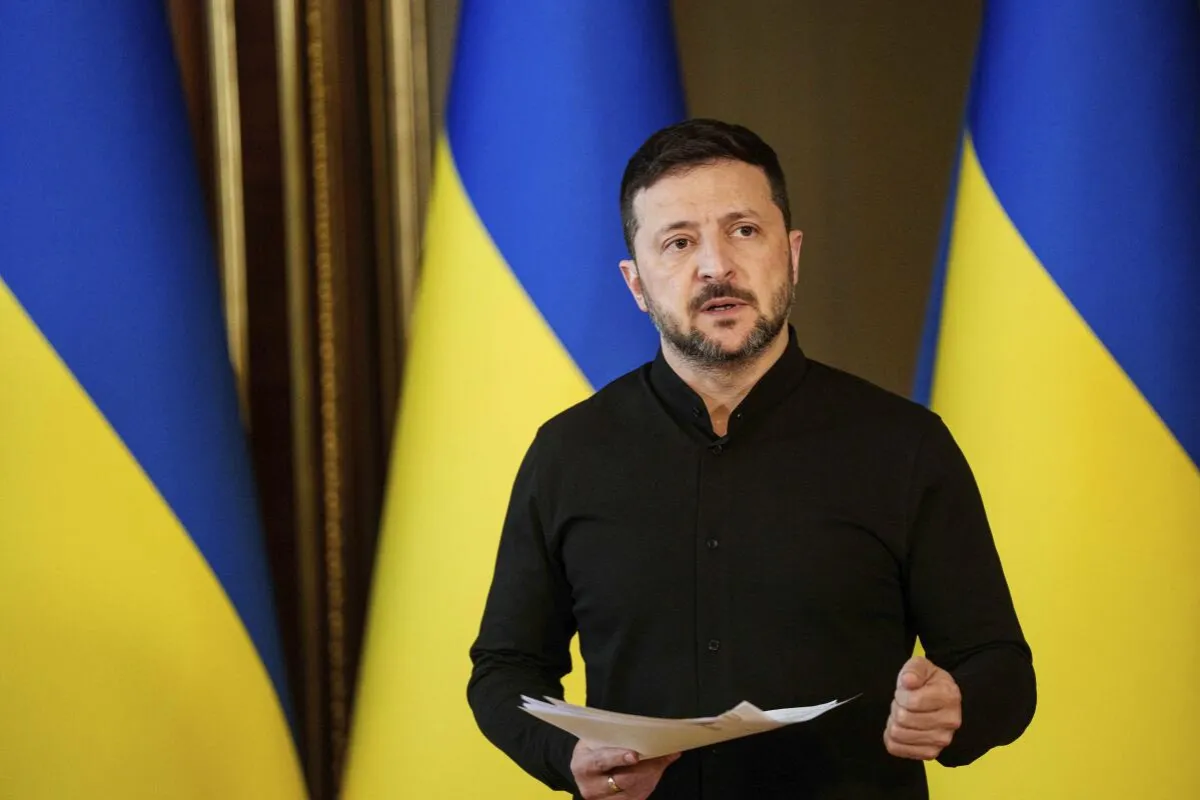
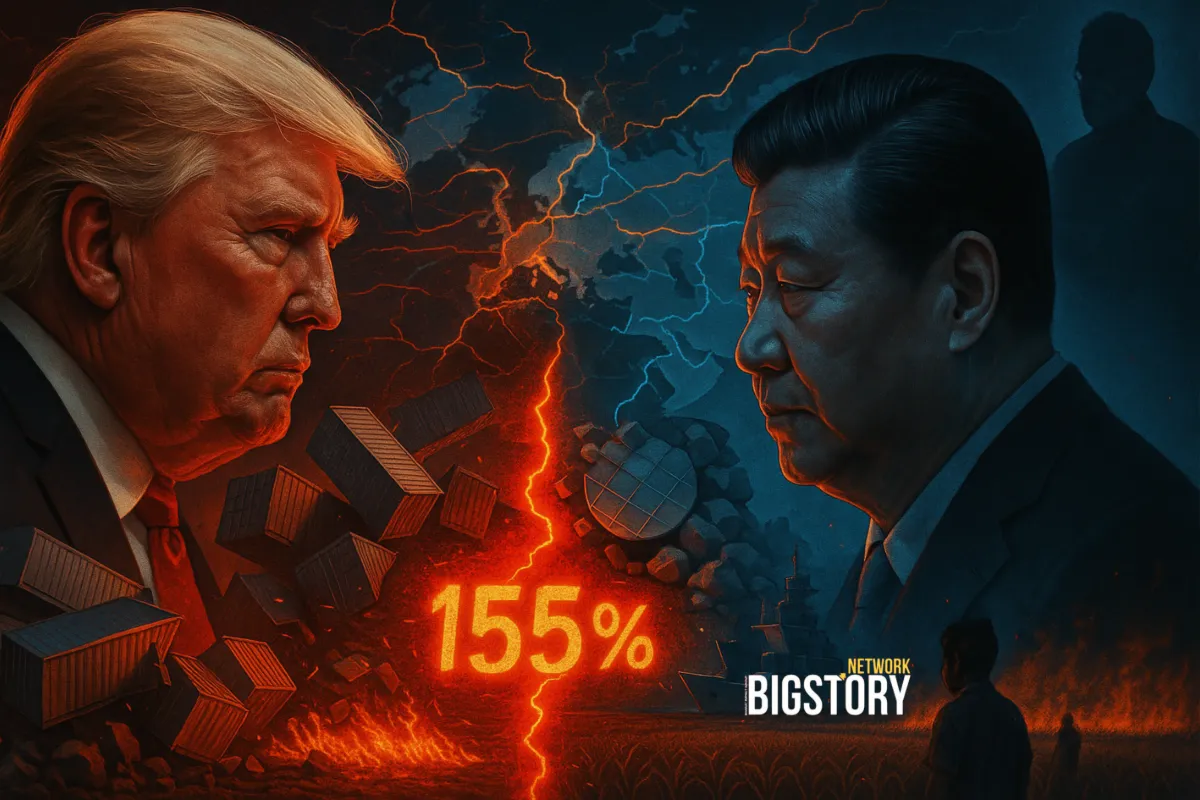
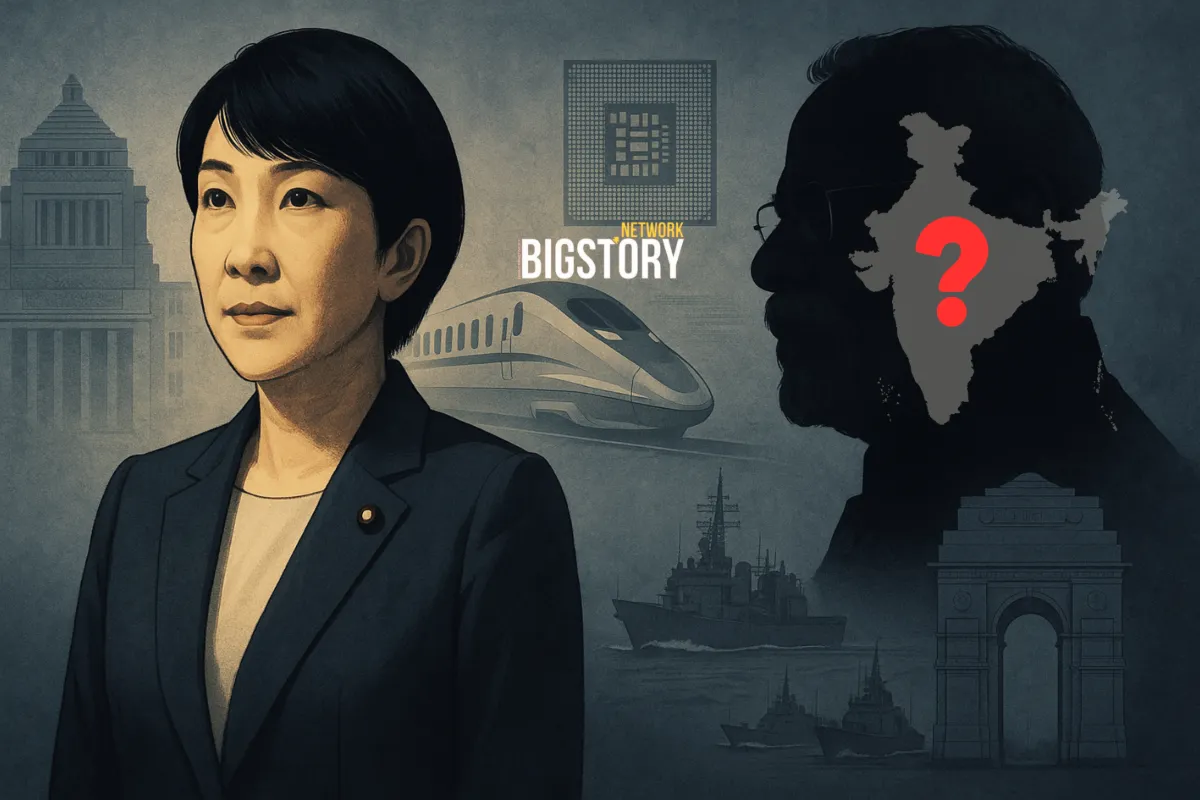
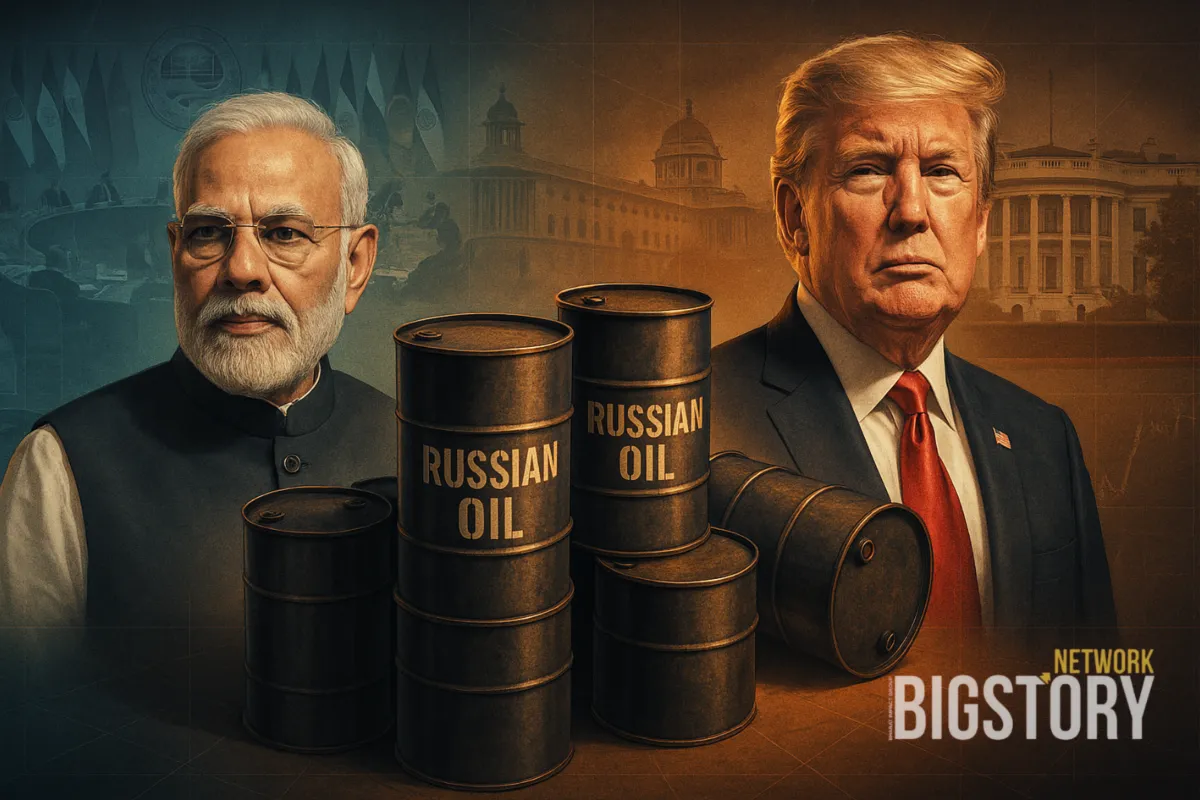
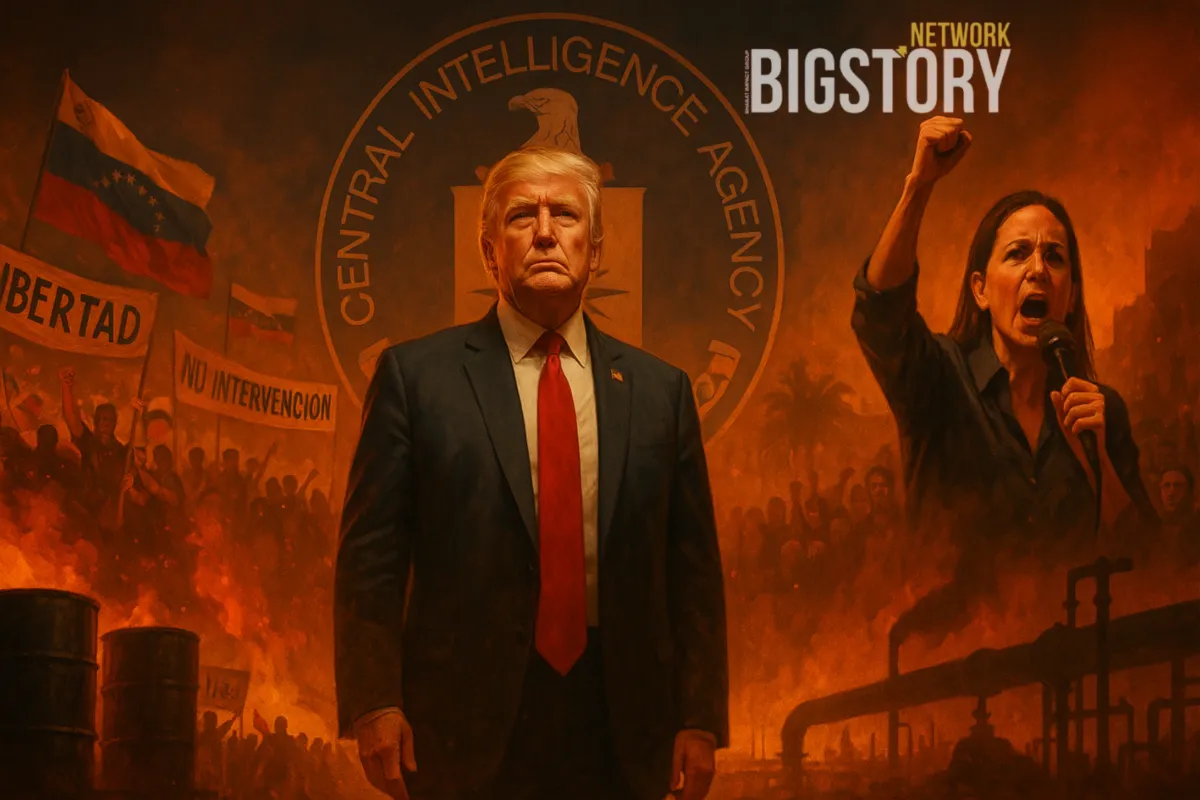
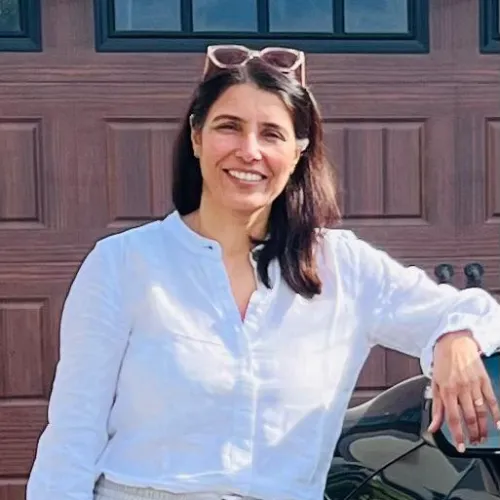
Leave a Reply